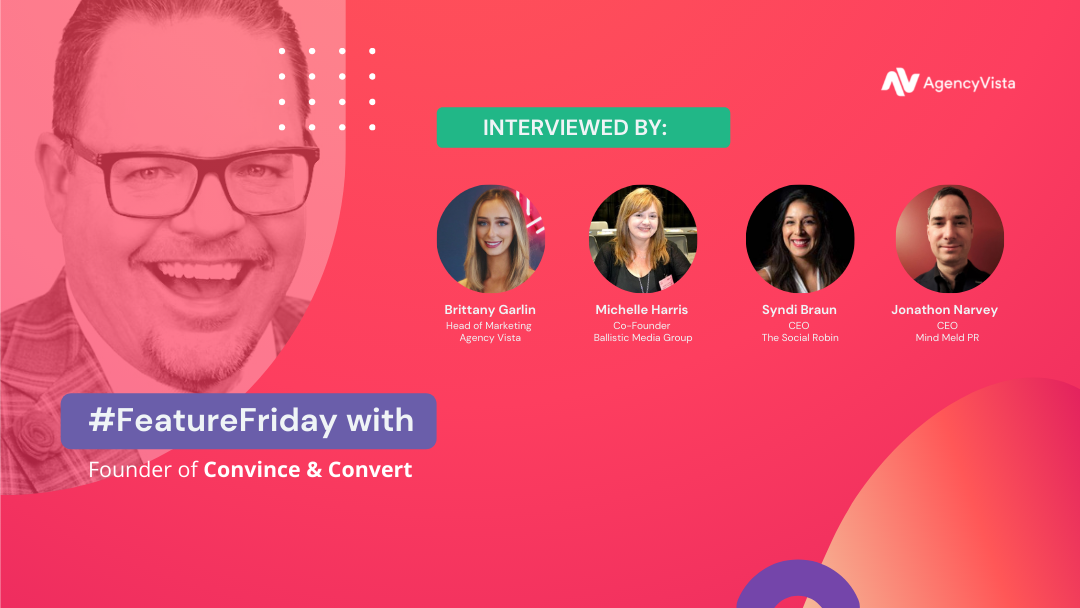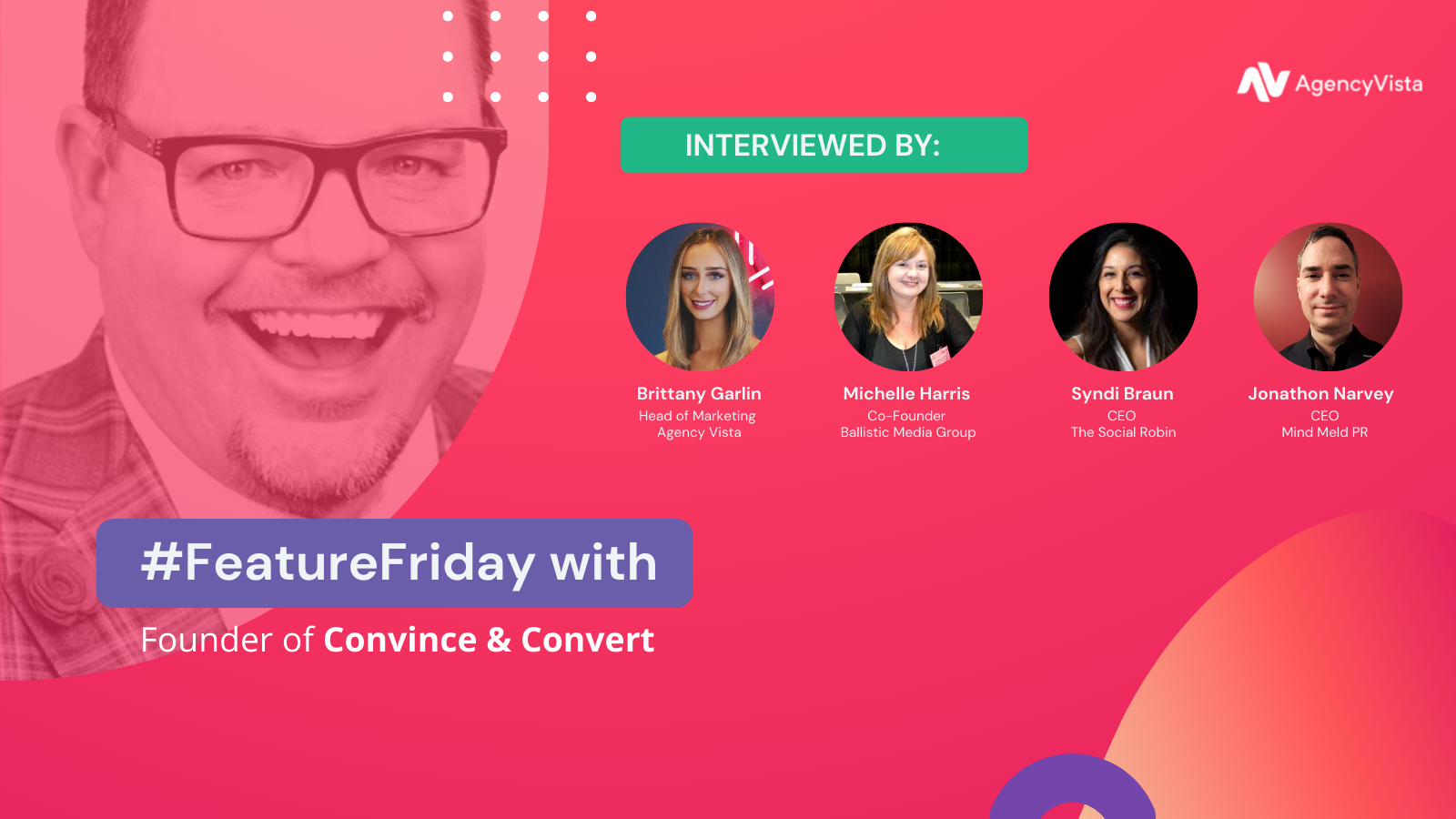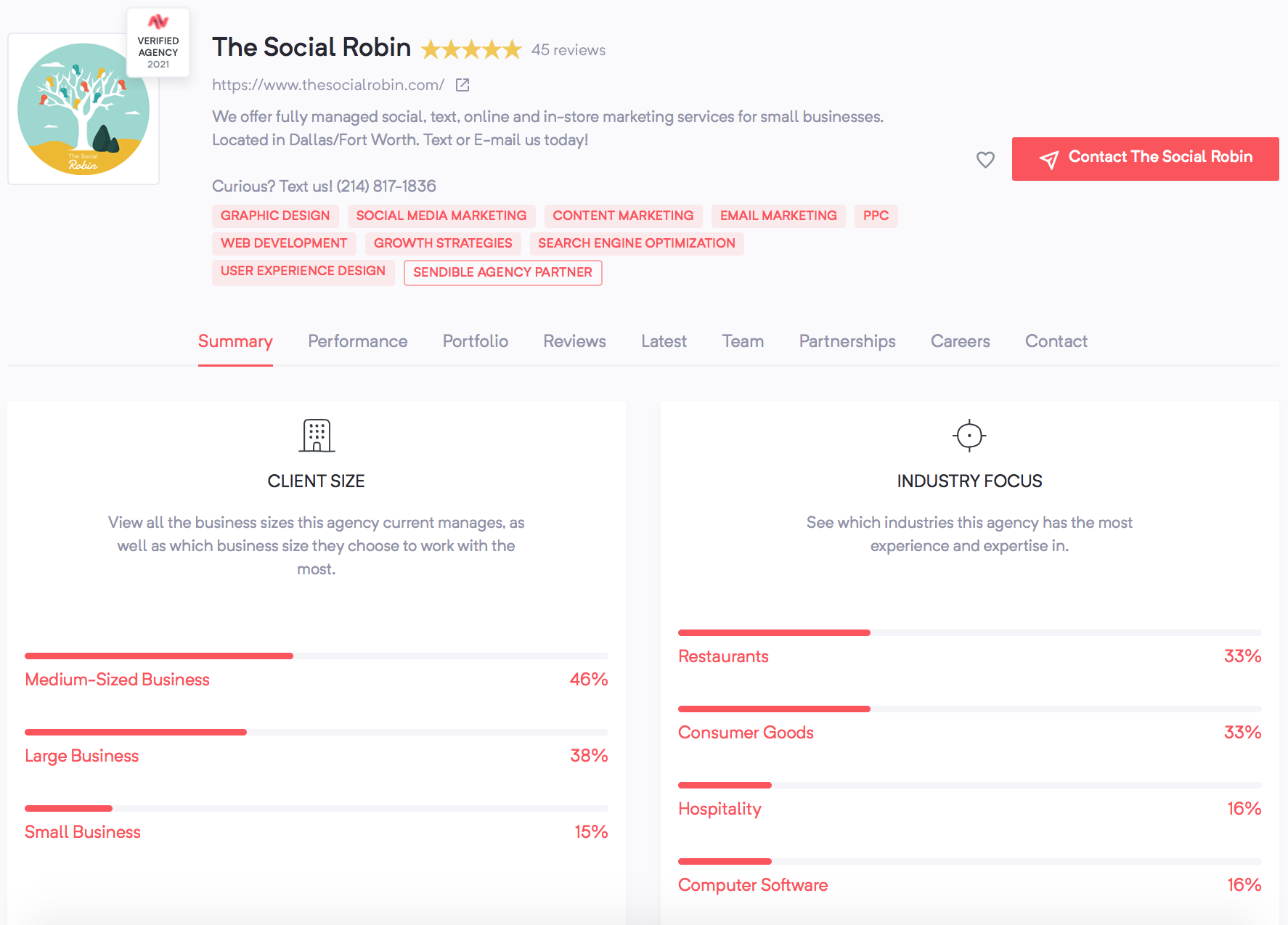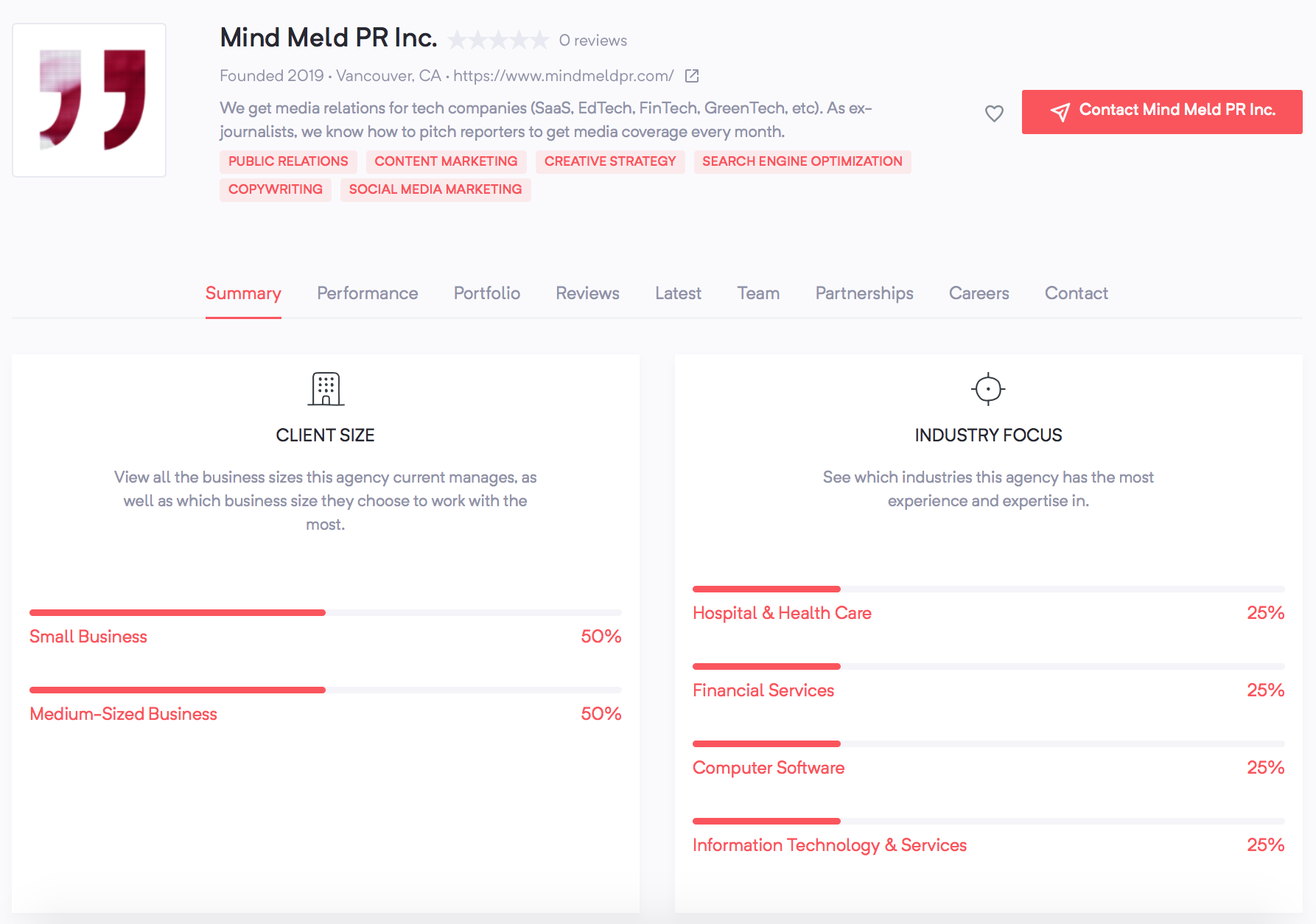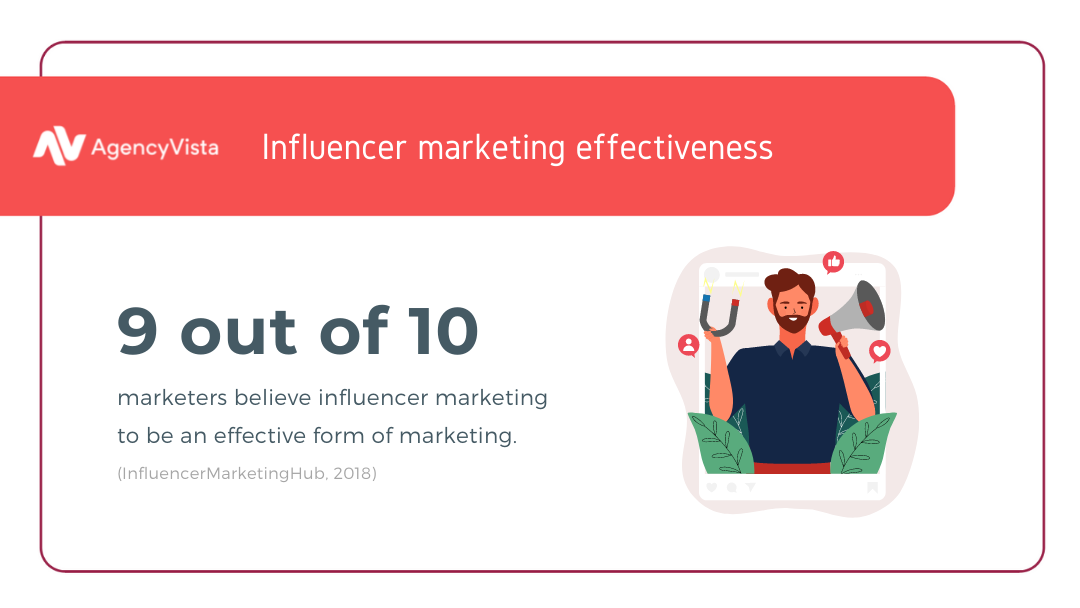Does the future of brand communication lay in truth-based marketing? Numerous studies have suggested that both traditional and digital advertising are losing their power. The Edelman Trust Barometer Special Report found that nearly 7 in 10 people claim that they use one or more advertising avoidance strategies. The shift has shown double-digit increases from those who:
- avoiding ads by using ad blocking technology (+10 pts)
- paying for streaming services (+15pts)
- finding ways to avoid almost all ads (+12pts)
For modern marketers and advertisers, these numbers are quite concerning. After all, if people are avoiding your brand and don’t trust the claims made in marketing, how can you get them to buy your product or service? Fortunately, there may be a solution: devote more time and resources to truth-based marketing.
Jay Baer, Founder of Convince and Convert, shared his opinion on this concept with three leading marketers Michelle Harris of Ballistic Media Group, Syndi Braun of The Social Robin, and Jonathon Narvey of Mind Meld PR. Let’s dive in to see what he had to say on truth-based marketing!
The Interviewers
Michelle Harris Co-Founder of Ballistic Media Group
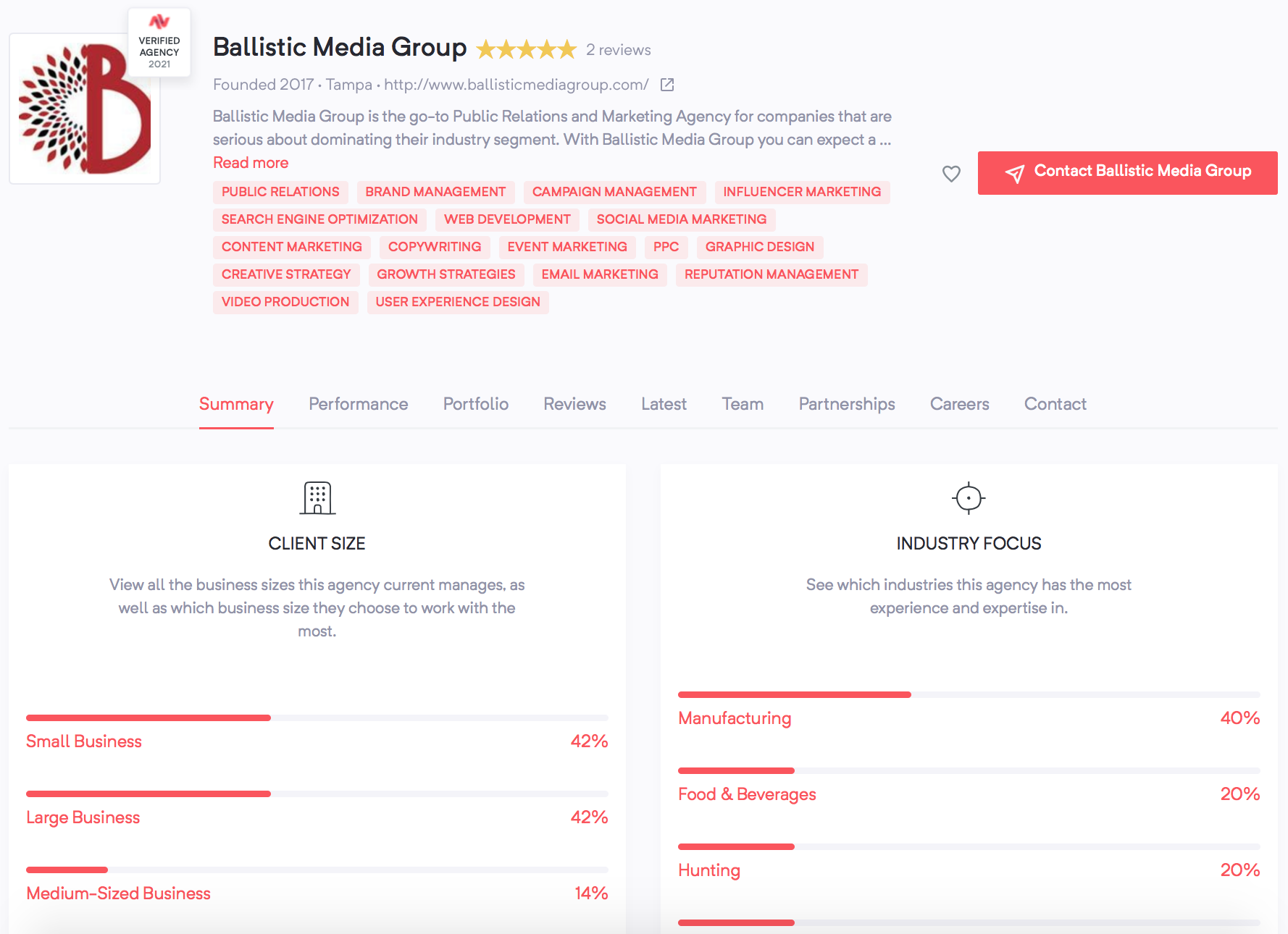
Michelle is a talented and dedicated public relations professional that has more than 20 years of marketing, public relations, crisis communications, and corporate consulting experience creating and implementing award-winning programs that have consistently met and surpassed client objectives. She is nationally recognized for building innovative and strategic campaigns while collaborating with clients to define requirements and allocate resources that build brand solutions for maximum impact.
Ballistic Media Group is the go-to advertising agency for companies that are serious about growth. They offer strategic, creative, and media solutions for brands looking for results. Their mantra is simple: when our clients win, we win.
Syndi Braun CEO of The Social Robin
Syndi Braun, the CEO of The Social Robin, puts her best foot forward and does what she can to help her clients achieve their business goals. In a world of forceful up-sells and cringe-marketing, she strives to consult with clients and “prescribe” to them what they need based on their goals so that they have every opportunity to do exactly what they set out for without spending a dime for something that isn’t aligned with their goals. For small businesses, every penny counts. The Social Robin keeps that fact close to their heart, which allows them to always instil humility and truth-based marketing in their agency.
The Social Robin is made up of a team of enthusiastic, talented, result-oriented people. They offer flexible subscription packages without any setup fees. These subscriptions are not contract-based. As a client, you decide which of the offers suit your business specifications and how many team members you wish to appoint. They have different packages based on team experience, and they only hire skilled local professionals.
Jonathon Narvey CEO of Mind Meld PR
Jonathon Narvey is a Vancouver-based public relations professional and CEO of Mind Meld PR. His mission is to match innovative technology companies with skilled tech reporters who can tell their stories.
Mind Meld PR gets media coverage for tech companies across North America. Their not-so-secret weapon? They’re ex-journalists – and know exactly what reporters want.
The Future of Truth-Based Marketing with Jay Baer
1. Please introduce yourself and share a little bit about your career journey:
I’m the Founder of Convince and Convert, a digital marketing and customer experience consulting agency that works with many of the world’s largest and most iconic brands to gain and keep more customers. I’ve been involved in the marketing agency professional services business since 1993. I’m also a seventh-generation entrepreneur, the author of 6 best-selling books, and the founder of 5 multi-million dollar companies.
I’ve been in the agency business almost continuously since I’ve graduated from university. Prior to that, I spent a brief period of time as a political consultant running campaigns and working as a marketer in a large corporation. But, for most of my career, I’ve been in the agency environment in some way, shape, or form.
2. In your opinion, how has the pandemic shifted consumer attitudes towards brand content?
I think the one thing the pandemic has created is a scenario where nobody wants to be hassled by anybody. 44% of consumers say that they are tired of being besieged by brand messaging, however, a more accurate citation there is that total marketing messages are projected to increase 40% in 2021. So, those two things are kind of mutually incompatible right? Consumers don’t want to be hassled or have their time wasted, especially by irrelevant or unpersonalized content but yet marketers keep pushing harder and harder.
This is partially due to the pandemic shifting brand leaders, there are some businesses that did great and others that did poorly — and there’s a lot of maelstrom going on in the industry because of it. The businesses that lost out are desperately trying to get back and those who did well in the pandemic are desperately trying to stay where they are. Consequently, you get a lot more marketing, and consumers simultaneously saying please give us less.
3. In a time where ‘fake news’ and misinformation are rife, can widely available AI currently be used for truth-based marketing?
I think yes, I have spent a great deal of time with the AI-driven tools that can be utilized to create blog posts and articles at scale. The time I’ve spent with these tools has led me to believe that they do an adequate job in many cases today, and of course, the nature of technology is that it steadily improves. So, for those that earn a living doing something that AI machine learning can do more efficiently, then you are probably going to have to find a different career.
4. Many sales and marketing teams have been guilty of sabotaging customer trust as they’ve focused on winning deals. How do businesses use personalization in their content marketing strategy without coming off as creepy and hindering that relationship?
The thing about personalization is that every customer desires it, 86% of B2B customers would move to a competitor if a business made no attempts to personalize. And of course, nobody wants their time wasted. Lack of personalization is a lack of relevancy and lack of relevancy is actually a lack of respect. So, everybody wants content to be personalized but there definitely is a fine line between personalized and too personalized — such as using what you know about customers to sort of creep them out or to abuse that trust in some way.
I find that in practice, however, that’s usually a concern that is unfounded. It’s pretty rare that I see businesses using data in content in such a way that consumers are freaked out or like “I don’t want you to know this much about me”. To me retargeting ads, or “hey I looked at some shoes, and now mysteriously on Instagram I just saw 9 ads in a row for shoes”, that’s a little bit more disturbing than hey they’ve personalized this content for me too much.
5. With more media companies offering affiliate marketing opportunities, how do businesses interested in those services maintain a high standard of brand integrity in sponsored editorial pieces?
I think you have to keep your own counsel when it comes to partnerships, performance marketing, and affiliate relationships — I try to use the “mom test”. In both my company and personal life, I’m often presented with opportunities, affiliate deals, partnerships, performance marketing in some fashion — and I think to myself, would my mom be proud that I’m pitching this? If the answer is yes, then it’s probably a viable partnership. And if the answer is maybe, then I think you already know the answer.
If you are putting revenue first aka “wow look at how high this commission is”. Then, eventually, you are going to fail. You have to put trust and reputation first and revenue will follow. Trust proceeds revenue, not the other way around.
6. Consumers crave authenticity. Yet marketers generally have come up with numerous definitions of what authenticity means in content marketing, what is your definition?
Authenticity to me means giving consumers a glimpse of the real world of your business while recognizing that you’ll never give them the full picture. This idea that people want companies to be transparent is ridiculous. Companies aren’t going to open their books and you don’t want to know everything about a company, you just think you do. So, authenticity to me really means in many cases the person who creates the content. This is why user-generated content is oftentimes superior to brand-generated content.
If the content is created by a real person it is believed to be more authentic than if it is created by the company, so I don’t believe there is a magic formula for authenticity. But, in my business typically where authenticity comes from is not the message but rather the messenger.
7. Please share in your expert opinion what trends we can expect to see in performance marketing for 2021 and beyond:
In my opinion, performance marketing in 2021 and beyond is going to be combined with influencer marketing. If you think about how we create performance as marketers, then you’ll come to the conclusion that we create performance by changing how potential customers think, feel, and behave. Ultimately, we are at the place now if you are trying to move the needle with thoughts, feelings, and behavior. Oftentimes, the way to move that needle is through influencer marketing as opposed to cold emails, display ads, or any other type of content you may have.
Historically, we as an industry have thought of performance marketing as sort of a performance-based version of direct marketing in a digital environment. Influencer marketing was thought to be in a completely separate column that’s more focused on driving awareness. I think those two things are going to come together quite a bit this year and beyond. The idea of just handing influencers some money and hoping for awareness doesn’t actually pencil out very often. Leading marketers will see a convergence of performance marketing and influencers among those who are doing it well.
Thank You!
A giant thank you to Jay for sharing his insights into truth-based marketing in 2021. If you’re looking to incorporate more truth-based marketing strategies for your business, reach out to Ballistic Media Group, The Social Robin, or Mind Meld PR!
If you’re an agency looking to scale up your own marketing efforts, upgrade your plan with Agency Vista to get started.
